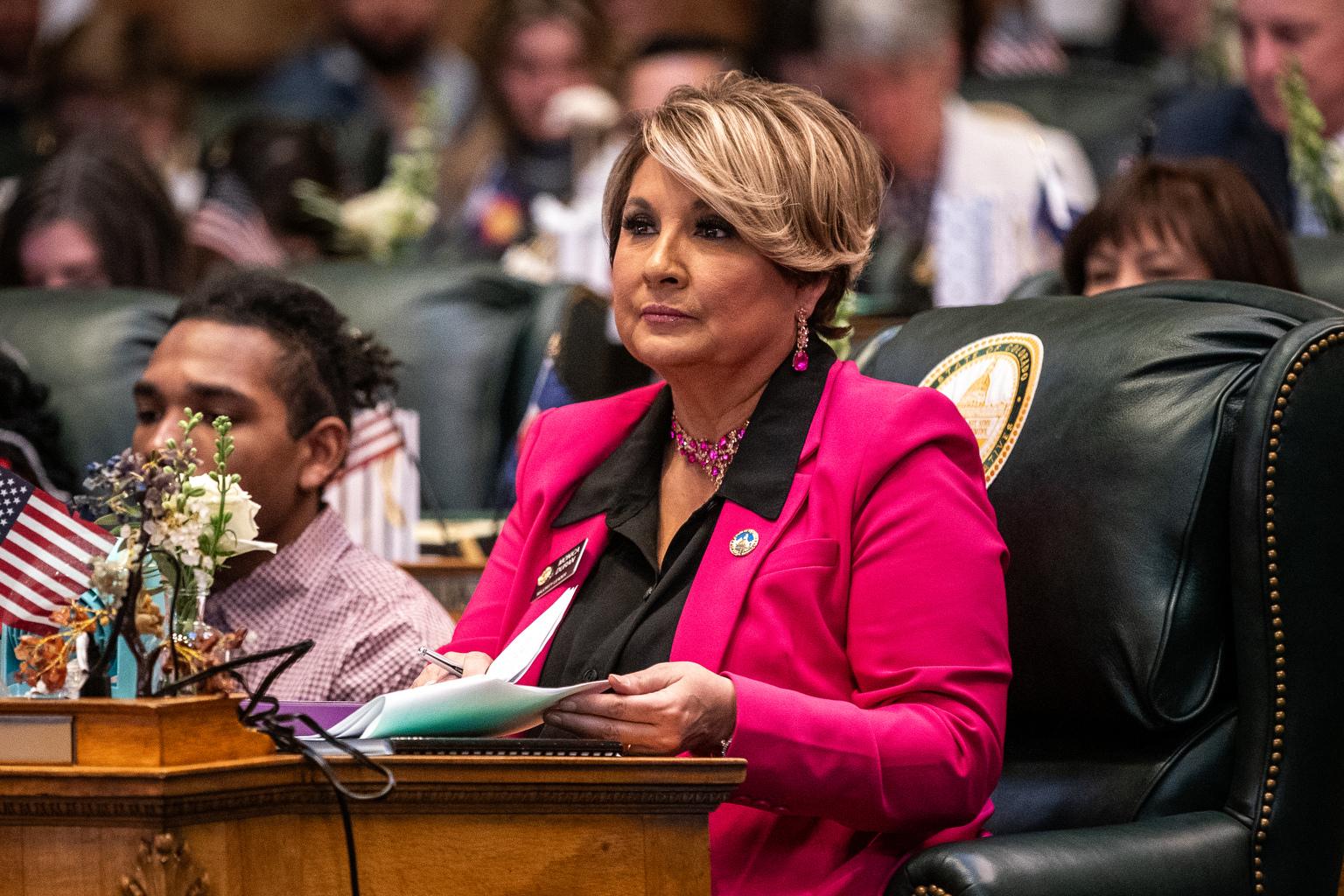Originally published on October 6, 2014 4:48 pm
With Colorado's U.S. Senate race too close to call, both parties are on an all-out blitz to court as many voters as they can prior to the November election. The youth vote has traditionally helped Democrats, but Republicans see an opening with national support for President Obama falling among the millennial generation.
Stephen Shaw served in the Navy and now attends the University of Colorado-Boulder where he's majoring in biology. He voted for the president in 2008 and 2012 but is a registered unaffiliated voter and picks candidates from both parties.
Shaw said he's become less enthusiastic about Obama.
"I feel like he wasted his first two years," Shaw said. "He has a super majority and killed a lot of Democratic momentum. I feel like he could've done a lot more than the Affordable Care Act and could've made good on a lot of these other promises."
Shaw is exactly the type of young voter groups like Generation Opportunity are targeting.
"Obamacare puts a massive burden on my generation and we're paying for older, sicker and richer Americans," said Jonathon Lockwood, state director for the nonprofit pro-freedom advocacy group.
Generation Opportunity has been running an office in Colorado Since July.
"We're the first generation in our country to be a handed a worse future than previous generations," Lockwood said.
While the group is independent, it most frequently aligns with Republicans. So far, they've spent more than $1 million on ads against Democratic incumbent Senator Mark Udall.
They're not the only organization targeting the 18-to-34 year old vote. Next Gen Climate Colorado supports Udall and is focusing its ads on environmental issues against Republican Cory Gardner.
The Next Gen Climate Action Committee said it has spent $3 million in ads so far in the 2014 election cycle.
"Senator Udall we've seen time and time again, he's a green energy advocate and the type of person we need in the Senate," said Abby Leeper with Next Gen Climate Colorado.
But are these messages resonating with their intended demographic?
Daniel Almodovar calls himself a super senior and is majoring in operations management at the University of Colorado. He likes the environmental message but said he is not pleased with either political party.
"The largest issue is probably global warming, when politicians either don't care about it or ignore it while the decision will affect all of us who are going to be actually in the world," Almodovar said. "And if they don't care about our future why should I care about them?"
CU Junior Megan Garrison is majoring in chemical engineering and said women's issues drive her vote.
"I think I hear a lot of ignorance from some people," Garrison said. "And so I'm concerned about politicians being ignorant about what women's rights are, what they need, and how they feel."
Both Generation Opp and Generation Climate Action say many young voters feel disenfranchised. The groups are visiting college campuses to try and reach younger voters.
"We're getting out there and we're talking to people about how you can make a difference in this election cycle," said Next Gen Climate's Leeper.
In the end it may be tough to mobilize this demographic.
Senior Costa Raptis, the first in his family to go to college, said he doesn't think the Senate race or mid-term elections are on most students' radars.
"I think the presidential election here in Colorado is pretty heated, a lot of people pay attention to it, a lot of people watch the debates," said Raptis. "But as far as the Senate goes, the student body is hugely unaware."
Raptis is unaffiliated and said he didn't vote for President Obama. He does plan to vote in the fall, but said he still needs to learn more about the candidates before making a decision. It's safe to say, there will be no shortage of people trying to educate voters like Raptis, as groups on both sides try to attract the coveted millennial vote.
Copyright 2014 KUNC-FM. To see more, visit http://kunc.org.








